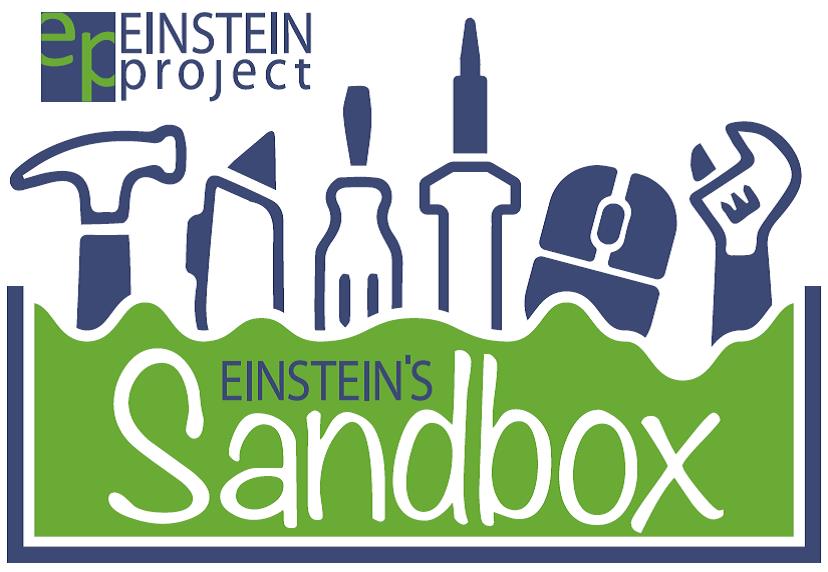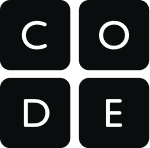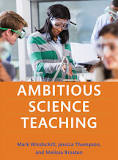|
Are you ready to take your STEM teaching to the next level? Beyond the basic introductory professional learning opportunities, the Einstein Project wants to help you deepen your understanding of research-based instructional strategies that can help your students make sense of complex STEM ideas. The professional learning opportunities listed here are offered as in-district workshops or as multi-district workshops at regional hubs like a CESA office. Would you like to schedule us for PD in your district? Click the link below to connect with Kim Lemberger, our PD lead.
|
|

You've got the space and some cool tools, now what? The desire for students to unleash their creativity and innovation is the driving force behind the maker movement in education. Discover how you can create a vision and plan to thoughtfully use making as a part of a student's education. Dive deeper into design thinking and learn to provide multi-dimensional making opportunities with your students.

Are you ready to get your elementary students learning the fundamentals of computer science? This full day workshop will introduce you to the Code.org curriculum and pedagogy. Learn how to use the teacher dashboard and get your students coding!
Are you looking for new instructional materials designed for NGSS? This transformational professional learning opportunity will deepen your understanding of the innovations of NGSS and give you the tools to thoroughly evaluate materials. Join the WI NextGen TIME Network to learn what materials other districts are looking at.
Do you already have engaging lessons that you don't want to give up on? Explore strategies to integrate the Science & Engineering Practices and the Crosscutting Concepts into what you are already doing.
Are you ready to give your students' voice more authority and agency in your classroom? Discover strategies to help your students reason with their peers as they collaboratively make sense of scientific ideas.

Science education professors Jessica Jane Thompson, Mark Windschitl, and Melissa Braaten have collected research based strategies to support top-notch science instruction. The book and its companion website can provide tremendous insight into best practices for instruction to meet NGSS. Our team can lead discussions in person or online.
Not interested in following an off-the-shelf curriculum? We hear from many middle and high school teachers that indicate that they have written their own lessons. This workshop is designed to help teachers plan and NGSS aligned scope and sequence and to develop units of instruction using the 5E instructional model.
So you have found a way to integrate the Science & Engineering Practices and Crosscutting Concepts to help students understand the Disciplinary Core Ideas. Have you looked at your assessments? Learn strategies to develop three-dimensional formative and summative assessments.

Learn how to bring more advanced coding to your middle school students with CS Discoveries. See how to make computer science a medium for creativity, communication, problem solving, and fun!
This series or workshops offers you the chance to get immersed in using the Science & Engineering Practices. Discover strategies for using and assessing the practices with students of all ages.
Asking questions is the foundation for scientific discoveries. Helping your students see the world as a new frontier waiting to be explored builds on their curiosity and creates opportunity for sense making. Learn techniques to use student questions to drive investigations.
Modeling in science is much more than an arts & crafts project that allows students to creatively replicate a diagram from their textbook. Modeling necessitates that students use their model to deepen their understanding. Explore strategies to help students develop and evaluate models.
Students of all ages need to develop numerical sense that allows them to see numbers as information. Discover ways to help students see the story told by data.
Student sense making necessitates that they use evidence to support claims about scientific ideas. Explore ways to help students prioritize evidence and use it to defend their claims about scientific phenomena.